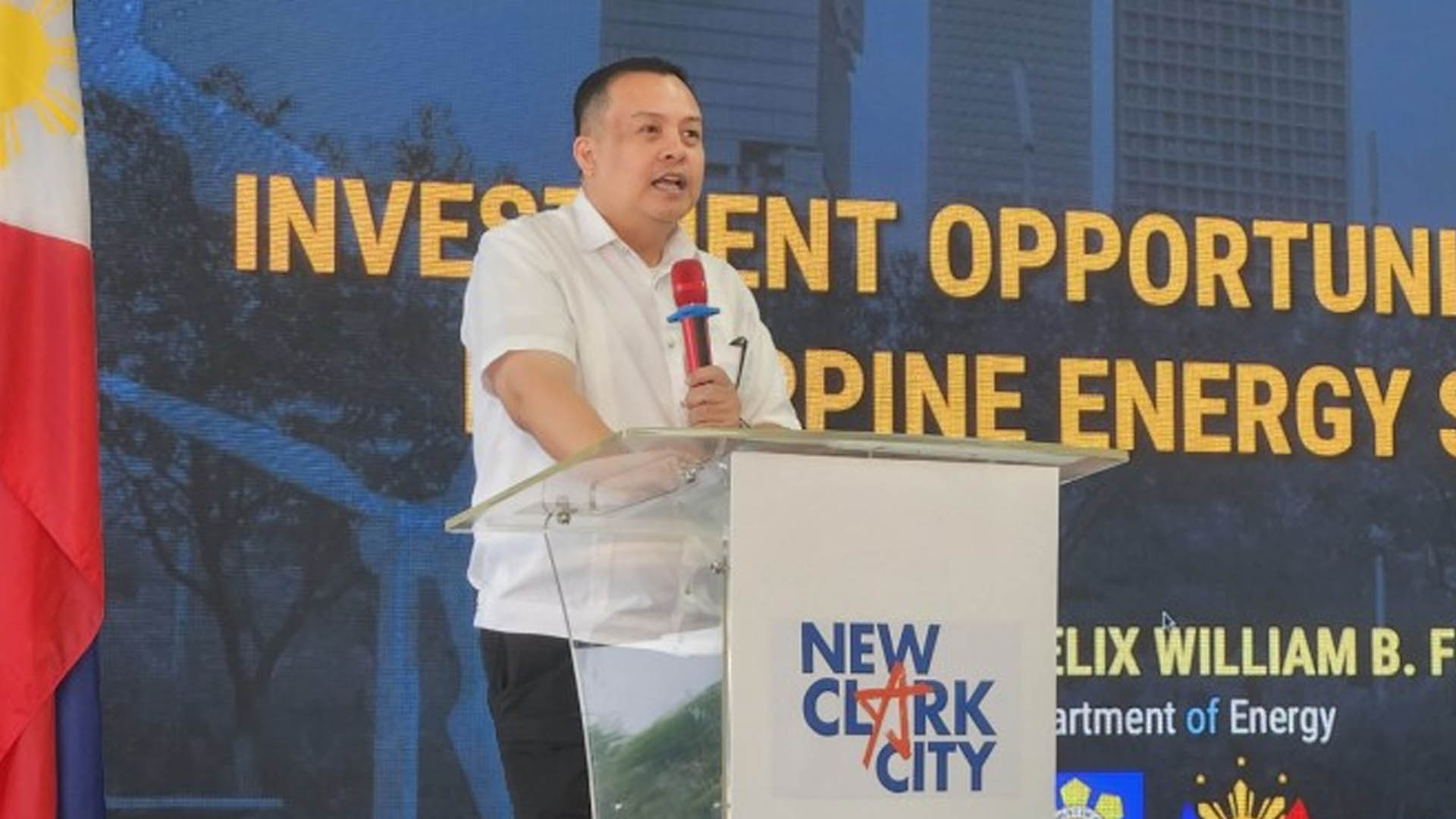The government is pushing for additional power subsidies to investors to entice more foreign direct investments (FDIs) into the country, Department of Energy Undersecretary Felix William Fuentebella said in a recent forum here.
He said economic managers are considering the policy in the Corporate Recovery and Tax Incentives for Enterprises Maximize Opportunities for Reinvigorating the Economy (CREATE MORE) bill.
“We’re asking the economic managers to look into where these resources will come from if we decide to have more subsidies to entice foreign direct investments,” Fuentebella said at the Build Better More Infrastructure Forum in New Clark City on Friday.
CREATE MORE is one of the priority bills of the Marcos administration, aimed at providing income tax slash from 25 to 20 percent and to streamline the process for tax refund.
Special Assistant to the President for Investments and Economic Affairs Secretary Frederick Go said the bill would help attract more FDIs and generate jobs for Filipinos.
At the Power Summit 2024 in June, the Philippine Chamber of Commerce and Industry chair George Barcelon said one of the hurdles in attracting more FDIs is the high electricity rate in the country compared to its Southeast Asian neighbors.
The Philippines power rate in 2023 averaged USD0.19 per kilowatt hour, higher than Thailand’s USD0.125 per kWh, Indonesia’s USD0.089 per kWh, Vietnam’s USD0.076 per kWh and Malaysia’s USD0.047 per kWh.
In terms of FDIs, countries with lower power rates have attracted more investments compared to the Philippines.
In 2022, Indonesia captured USD24.7 billion in FDIs, Vietnam USD17.9 billion, Malaysia USD14.73 billion and Thailand USD11.23 billion, while the Philippines attracted relatively lower FDIs at USD9.37 billion.
“One can always argue on the subsidy provided by the governments of these countries but we must also keep in mind that these subsidies are a form of investment to bring in investors and accelerate the growth of their economies. And they have begun achieving their goals,” Barcelon said.
“A change in mindset where we consider subsidy as investment and not as a cost with no payback [is needed],” he added. (PNA)







